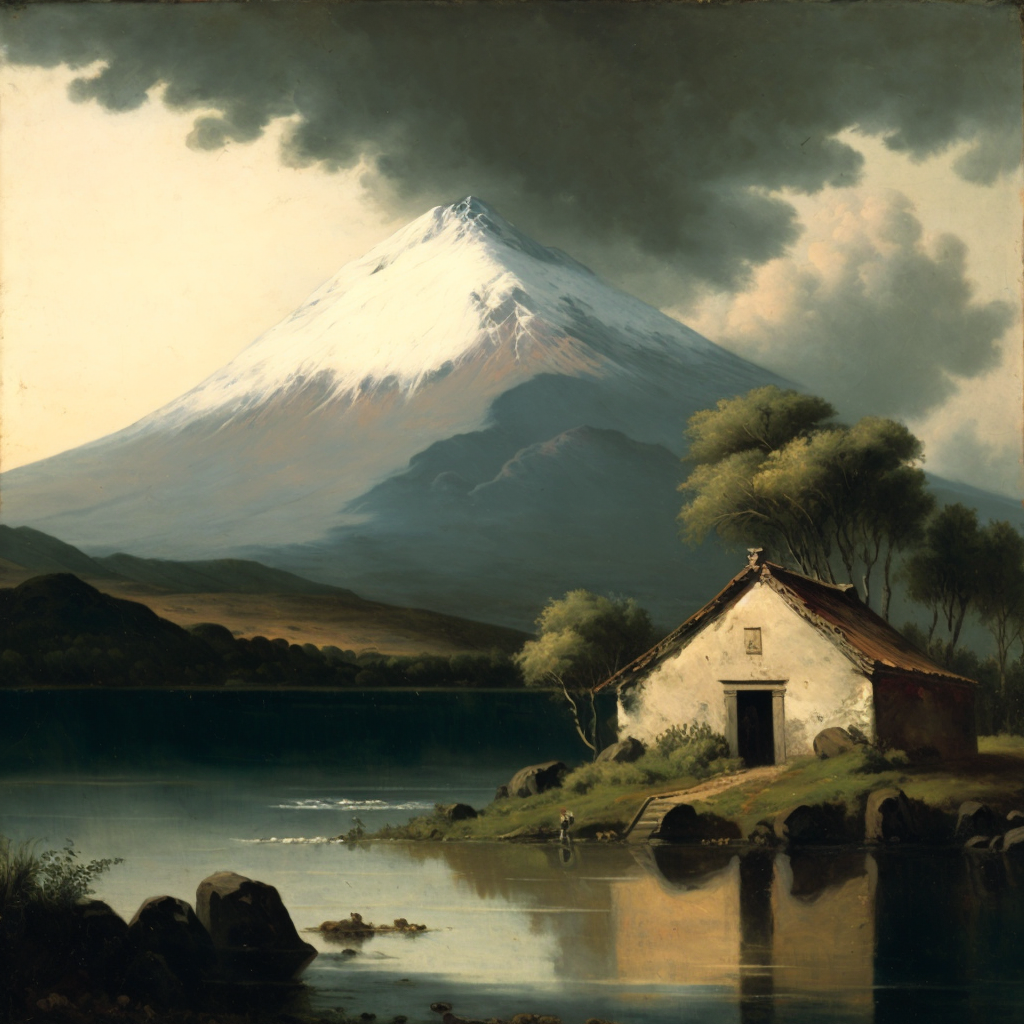
February: little bit short, little bit sweet. As a follow up from my last monthly reflection I can say that the onboarding at my job has basically completed. Not only did I (have to) hit the ground running in January, but more and more interesting ideas and projects are ramping up and the adjustment period turned into a fully engaged work process at this point.
Follow-Up PKM
I closed last month with writing briefly about organising myself and adjusting workflows. On the software and tool-side the options are numerous and the most important aspect is to find one that fits your exact needs, e.g. some need to have their notes interconnected and/or bi-directional, some prefer a nice interface and look-and-feel or simply markdown capabilities. Over the last two years I settled on various Open Source projects that I mix-and-match in my workflow (Joplin and Logseq). I do think it is more important to figure out your personal workflow, experiment, sketch and conceptualise what you want to achieve – and after that it becomes much easier to decide which software/tool will properly fit.
ChatGPT-in-Education-fatigue
I have played around a bit with GPT-3 last year when trying its essay-writing feature. I thought it could be quite an interesting tool to use as a language teacher, especially if I would have to set up an exam for a new course (i.e. reading comprehension-type exams). With the help of a generative AI I wouldn’t have to worry about finding simple essays or news stories, or openly licensed texts. At that time though, it was not really necessary to dive deeper into its use because the potential issues and use-cases weren’t that acute.
But then ChatGPT came around at the end of last year and it seems like the entire education space has discovered this educational-doomsday-machine and critiques, discussions, debates, roundtables and warnings have been popping up left and right. As I eluded to in my brief LinkedIn post while referencing a great blogpost by Daisy Christodoulou – I believe that most people who worry, are lacking understanding in one or both of these domains and make it therefore quite difficult to sort through the noise, which in turn means that my interest (taking in) the discussions has massively faded (although I will not stop using the tool for my educational purposes of course).
What is Open Science anyway
The field of Open Science is also continually evolving and it is being discussed in various places, e.g. apart from the „traditional“ Open Education Week happening, the principles and the concept seem to come up on the radar of more and more researchers and scientists. One major thing I have been discussing and talking about with my open-science-partner-in-crime Benjamin is how the various disciplines (e.g. from psychology research to sociology, as well as the hard sciences) can be connected and brought together for Open Science. One first step we would like to take is to understand conceptually and through a solid theoretical foundation what Openness actually means and how it is defined, in order to start communicating about it properly with the „uninitiated“. More specifically, we wrote a paper proposal for a call by the ICDE regarding „the idea of open education„, where we hope we can elaborate our perspective and begin to formulate a foundation.
Credentialing
This past month I also started a moderately shallow dive by researching and getting into the field of credentialing (more specifically Microcredentials) and certifications. There is not only the technical aspect that kind of captures me (e.g. Blockchain-solutions for certifications), but also the changing landscape of educational achievement and higher education. Themes like upskilling, lifelong learning and transferability of educational achievements are becoming more and more relevant and it’s fascinating to try to anticipate how the landscape will evolve.
When it comes to open/micro-credentialing I kind of let go of that concept around 10 years ago, where it didn’t seem to go anywhere. Granted, the last time I was involved in it I came at it from the Open Badges and e-Portfolio direction, which, at this time, might also have evolved differently. But now I quite enjoy reading and working through various documents, presentations and brochures from the EU or the EU Commission as well as some use-cases regarding the general idea and need for Microcredentials.
What’s up next
Probably more of the same actually – which is pretty cool! I’ll be expecting a reply about our article proposal, I’ll gather and summarise my thoughts around the implementation of Microcredentials and try to advance the Open Science and Decentralised Science community – more on that next month!